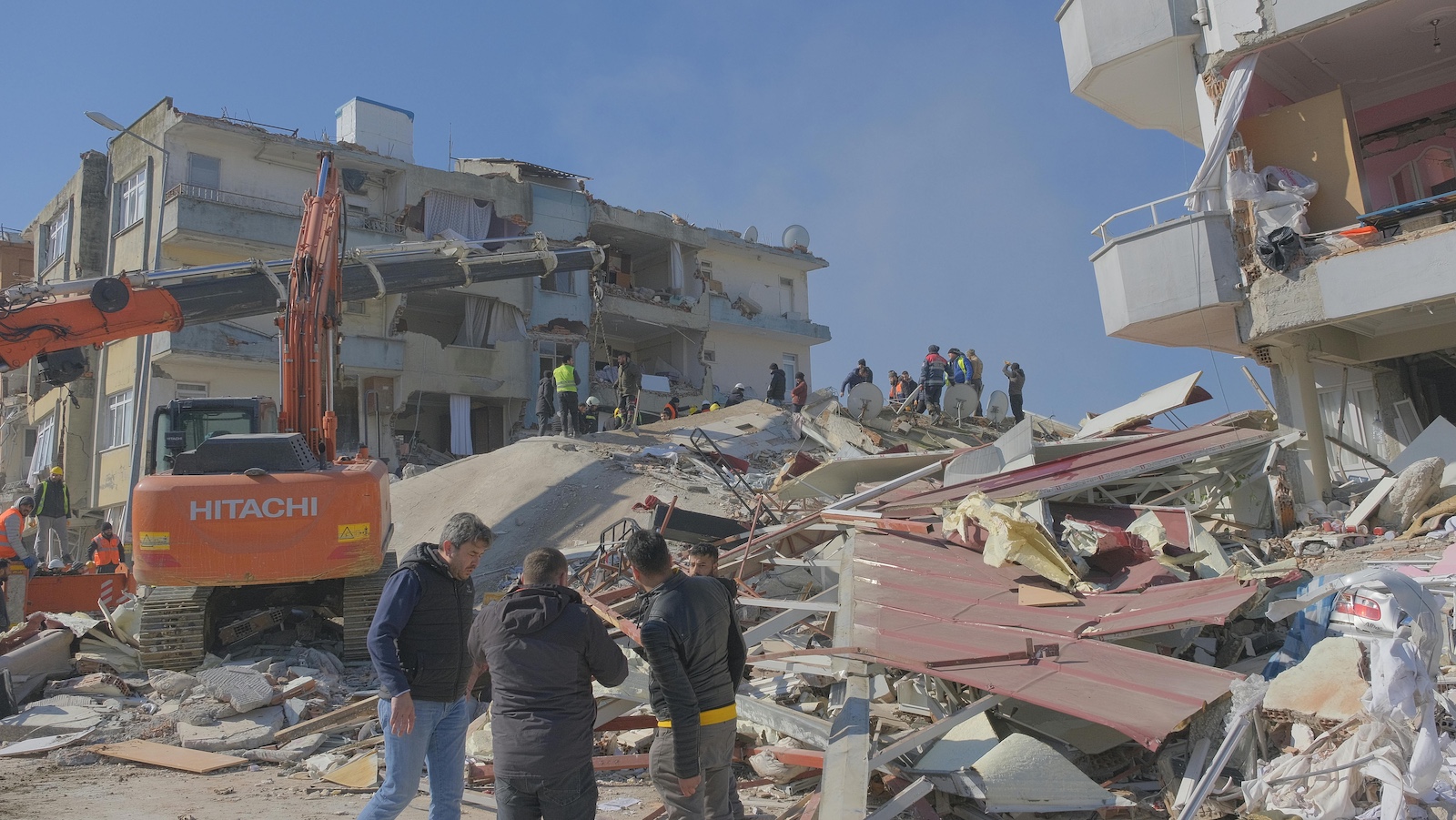Sleep deprivation is an issue that is often overlooked, yet frequently the cause of decreased productivity, accidents, incidents and mistakes that cost companies billions of dollars each year, reports Circadian, a global leader in providing 24/7 workforce performance and safety solutions for businesses that operate around the clock.
Often, the experts at Circadian say, employers are unaware of the impact fatigue or sleep deprivation is having on their operation until a tragic accident occurs. Only then do managers ask the question: "What happened?"
Sleep deprivation is much more dangerous than you might realize. It's not just annoying, like when an employee snoozes in a meeting or yawns during a conversation. Here are 10 real dangers associated with the overlooked problems in a sleep-deprived workforce:
- Decreased communication: When workers are tired, they become poor communicators. In one study, researchers noted that sleep-deprived individuals drop the intensity of their voices; pause for long intervals without apparent reason; enunciate very poorly or mumble instructions inaudibly; mispronounce, slur or run words together; and repeat themselves or lose their place in a sentence sequence.
- Performance deteriorates: Performance declines frequently include increased compensatory efforts on activities, decreased vigilance and slower response time. The average functional level of any sleep-deprived individual is comparable to the 9th percentile of non-sleep-deprived individuals. Workers must notice these performance declines, right? Not quite. In fact, sleep-deprived individuals have poor insight into their performance deficits. Also, the performance deficits worsen as time on task increases.
- Increased risk of becoming distracted: Sleep-deprived individuals have been shown to have trouble with maintaining focus on relevant cues, developing and updating strategies, keeping track of events and maintaining interest in outcomes and, instead, attend to activities judged to be non-essential. In fact, research suggests that there is a symbiotic relationship between sleep deprivation and attention-deficit hyperactivity disorder (ADHD) because of the overlap in symptoms.
- Driving impairments: Because of federal regulations, the trucking industry is well aware of the driving impairments associated with sleep deprivation. However, plant managers are unaware of the ways in which sleep-deprived workers may be dangerously operating machinery (e.g. forklifts or dump trucks). In fact, 22 hours of sleep deprivation results in neurobehavioral performance impairments that are comparable to a 0.08% blood alcohol level (legally drunk in the U.S.).
- Increased number of errors: The cognitive detriments of sleep deprivation increase concurrently with a worker’s time on a given task, resulting in an increased number of errors. These errors include mistakes of both commission (i.e., performing an act that leads to harm) and omission (i.e., not performing an expected task), which can wreak havoc at any work facility. Errors especially are likely in subject-paced tasks in which cognitive slowing occurs and with tasks that are time-sensitive, which cause increases in cognitive errors.
- Poor cognitive assimilation and memory: Short-term and working memory declines are associated with sleep deprivation and result in a decreased ability to develop and update strategies based on new information, along with the ability to remember the temporal sequence of events.
- Inappropriate moodines: Inappropriate, mood-related behavior often occurs in outbursts, as most sleep-deprived individuals are often quiet and socially withdrawn. However, a single one of these outbursts can be enough to destroy the positive culture of a work environment and cause an HR nightmare. These behavioral outbursts can include irritability, impatience, childish humor, lack of regard for normal social conventions, inappropriate interpersonal behaviors and unwillingness to engage in forward planning.
- Greater risk-taking behavior: Brain imaging studies have shown that sleep deprivation was associated with increased activation of brain regions related to risky decision making, while areas that control rationale and logical thinking show lower levels of activation. In fact, sleep deprivation increases one's expectation of gains while diminishing the implications of losses. What does this mean for your workers? Sleep-deprived workers may be making riskier decisions, ignoring the potential negative implications and taking gambles in scenarios in which the losses outweigh the benefits.
- Inability to make necessary adjustments: Flexible thinking, preservation on thoughts and actions, updating strategies based on new information, ability to think divergently and innovation are all hurt by sleep deprivation. A worker may be unable to fill a leadership role on request when sleep-deprived, resulting in a frustrated management team.
- Effects of sleep deprivation compound across nights: Four or more nights of partial sleep deprivation containing less than seven hours of sleep per night can be equivalent to a total night of sleep deprivation. A single night of total sleep deprivation can affect your functioning for as long as two weeks. To your brain, sleep is money, and the brain is the best accountant.
According to Circadian, when you have sleep-deprived or fatigued workers, productivity levels and quality of work will be compromised. Furthermore, you create an environment where it becomes not a matter of if your workplace will have an accident or incident but a matter of when, and to what magnitude.
Sleep deprivation is no laughing matter, no matter how frequently our society treats the issue light-heartedly. Eventually, our biological drive to compensate for sleep deprivation wins, and the loser might be your workers, your employer or even you.
The expectation is that employees return to work in January feeling recharged and ready to perform their best. In reality, one in every five workers is sleep-deprived, and those who sleep poorly are 54% more likely to experience stress in their job, according to a new study from international employee health and performance organization Global Corporate Challenge (GCC).
The report, "Waking Up To the Sleep Problem Every Employer Is Facing," also found that 93% of poor sleepers were more likely to display workplace fatigue, a common symptom of excessive daytime sleepiness (EDS) - the condition proven to increase risks of absenteeism, accidents and injury in the workplace.
"Independent research undertaken on GCC participants in the 2014 challenge demonstrates that sleep improves with increased step count in a linear fashion," said Dr. David Batman, director of research, FCDP. "There are significant increases in productivity and reduction in fatigue and stress levels at work and home. Extrapolation of these results leads to an obvious conclusion that simple exercise improves sleep, and the combined result will be an increase in personal and business performance."
The results come from the health and performance leaders' first series of GCC Insights papers, based on aggregate data drawn from employees in 185 countries. With more than 1.5 million people having now been through the program, the data sample is one of the largest, most diverse of its kind.
This GCC Insights paper also provides practical recommendations for employers who recognize that their workers' mental and physical health inextricably is linked to business success - a realization that, for many, signals a need to rethink outdated well-being strategies in exchange for a longer-term commitment to employee health.
"The cost of poor sleep habits among employee populations has been grossly underestimated; it is having profound consequences for productivity and health," said Glenn Riseley, founder and president at the GCC. "Luckily, enlightened employers are now changing their cultures so that sleep is no longer seen as a luxury but as a priority."






